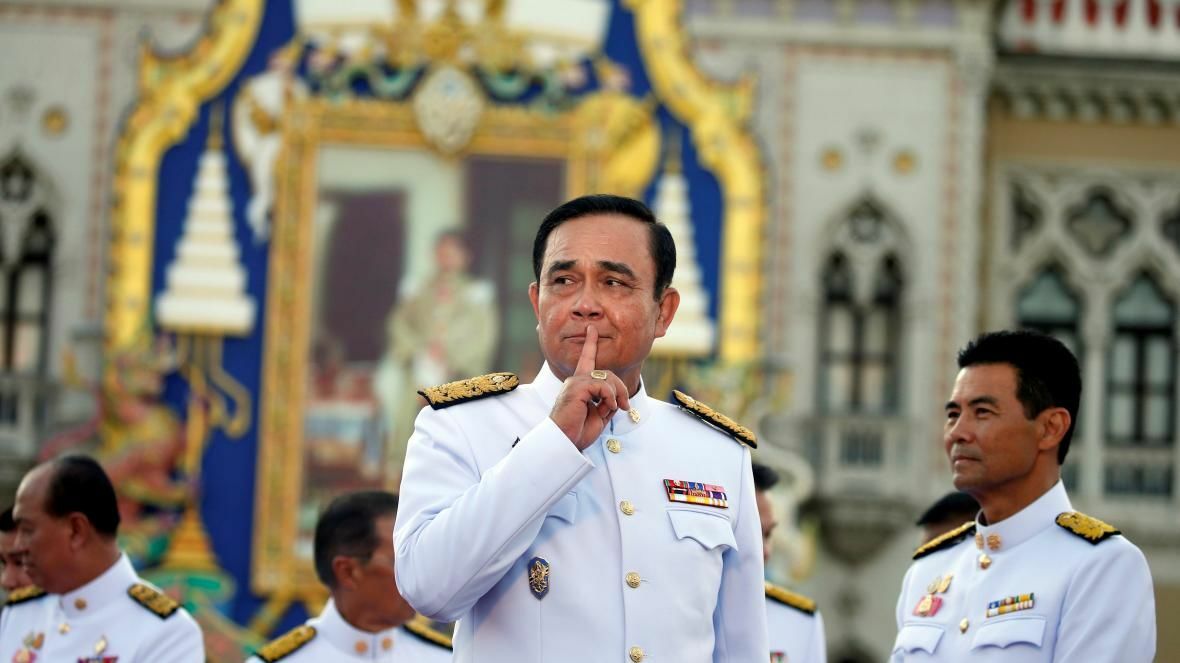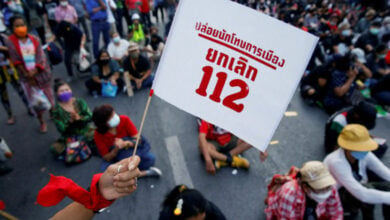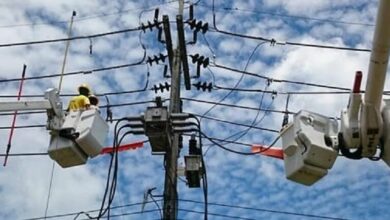Thailand offers 11 billion baht subsidy for low-income electricity bills

The Thai government announced plans to allocate over 11 billion baht to support low-income earners with their electricity bills over the next four months, with the subsidy set to begin in May. However, the proposal needs to be reviewed and approved by the Election Commission (EC) before it becomes official.
Following yesterday’s Cabinet meeting, Prime Minister General Prayut Chan-o-cha addressed the issue of high electricity bills for households and assured that the government is working on finding solutions. He requested that political parties promising to reduce power tariff rates should be aware of the complexities and reasons surrounding the issue.
General Prayut, stressing that a budget allocation exceeding 11 billion baht is needed, said…
“Please have confidence in the government. We are doing our best.”
As the Cabinet has already approved the subsidy, the decision now rests with the EC. According to Section 169 of the Thai constitution, emergency budget allocations approved by an outgoing cabinet following the dissolution of the House must be endorsed by the poll agency first, reported Bangkok Post.
The prime minister emphasised that the government will ensure fairness for all sectors involved in energy management, as private sector investment is essential and cannot rely solely on the government. All actions must comply with the law, and the Energy Ministry has submitted contracts made with the private sector for power production to public prosecutors for review. Several contracts have existed for an extended period.
General Prayut also highlighted the need for careful budget expenditure, focusing attention on necessary targets and supporting vulnerable groups.
The Thai government has already provided a 3.2-billion-baht subsidy to help vulnerable groups, such as low-income households and those consuming less than 300 units of electricity per month, from January to April. These groups receive a reduction from the fuel tariff (Ft) before the VAT calculation.
Government spokesperson Anucha Burapachaisri provided more details on the subsidy plan, stating that the power subsidy would be extended for another four months from May, applying to households consuming fewer than 300 units per month.
Households consuming between 1 and 150 units per month will receive a reduction of 92.04 satang per unit, while those using between 151 and 300 units will receive a cut of 67.04 satang per unit.
Approximately 7.6 billion baht will be sourced from the 2023 budget for emergency purposes to fund the plan, benefiting around 18.36 million households.
Another measure to assist with high electricity bills involves offering a 150 baht reduction before VAT to households using no more than 500 units per month. This concession will only apply in May and will require up to 3.5 billion baht from the 2023 budget. More than 23.4 million households are expected to benefit.
Starting in May, the Energy Regulatory Commission (ERC) will also lower the Ft following a recommendation from a subcommittee responsible for its calculation.
Khomgrich Tantravanich, secretary-general of the ERC, announced that the new rate would result in a seven-satang reduction in the price of electricity, dropping from 4.77 baht per unit to 4.70 baht.
Tantravanich stated that the ERC’s next course of action would be issuing adjustment guidelines for the Electricity Generating Authority of Thailand (Egat), the Metropolitan Electricity Authority, and the Provincial Electricity Authority before the beginning of the next billing cycle in May.
Economy NewsPolitics NewsThailand News







